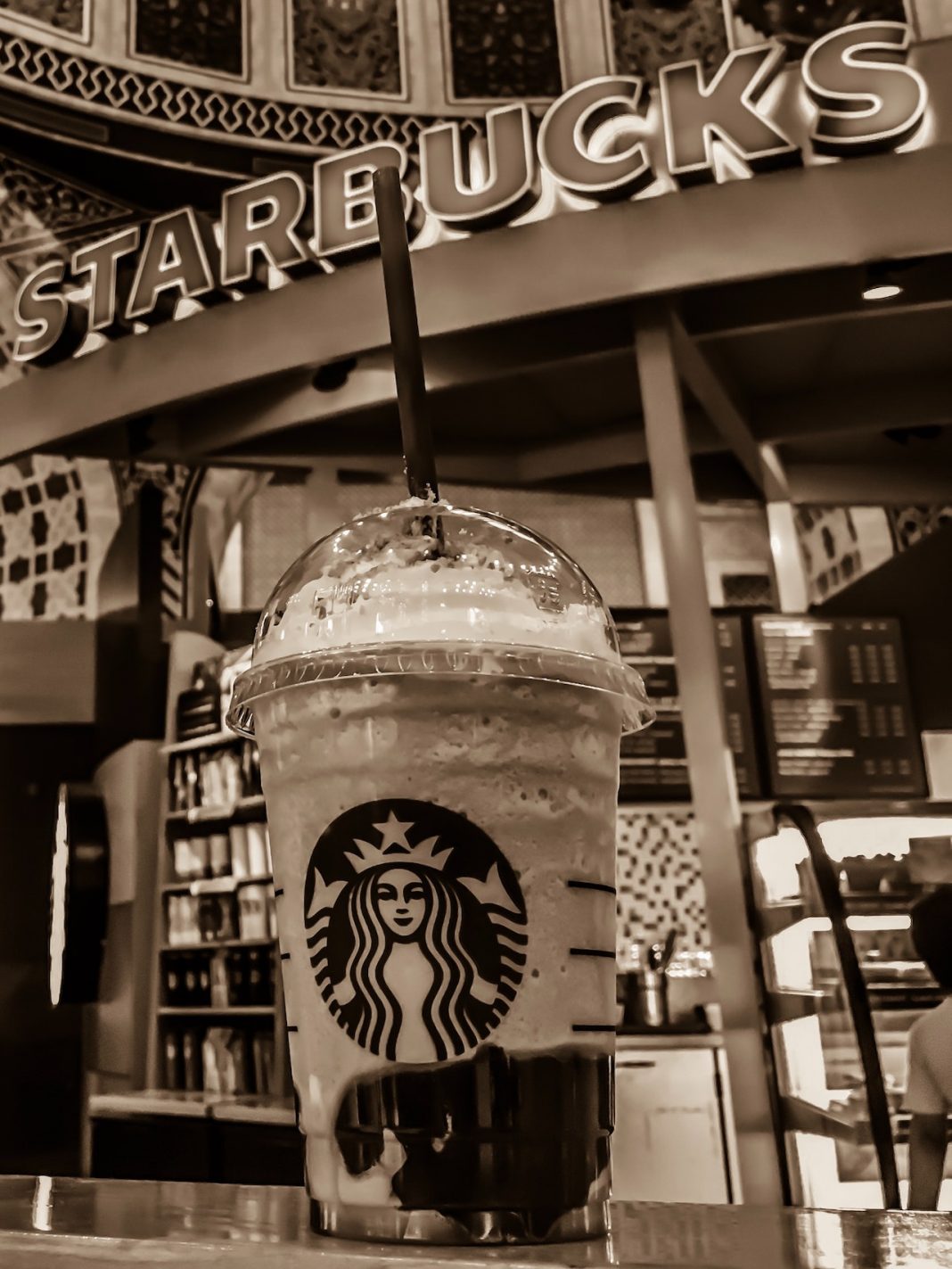Starbucks will probably have to pay a $2.7m payout to an ex-employee who alleges discrimination due to her whiteness.
A New Jersey federal judge, Joel Slomsky, ruled that Starbucks will have to pay Shannon Phillips an additional $2.7 million in damages, further igniting the debate over workplace discrimination and wrongful termination.
Phillips, a former regional director for the renowned coffee chain, filed a lawsuit in 2019 alleging that her termination was racially motivated, claiming that she was fired for being white.
The legal saga culminated in a sensational trial that captured national attention in June, during which a Camden jury awarded Phillips a staggering $25.6 million in punitive and compensatory damages.
The latest ruling has ordered Starbucks to pay Phillips $2,736,755 in back pay, front pay, and tax gross.
Starbucks and discrimination
The controversy traces back to a pivotal moment in April 2018 when the arrest of two Black men, Donte Robinson and Rashon Nelson, sparked a nationwide outcry. The two men had been waiting for a business meeting inside a Starbucks store when they were arrested following an employee’s call to 911. The incident prompted the coffee giant to temporarily close some of its locations for a day of racial bias training.
Phillips, who had dedicated nearly 13 years to the company at the time of her termination, found herself unexpectedly dismissed from her role. Despite her claims that she wasn’t present at the store during the arrest and had no involvement in the incident.
Her lawsuit asserted that she had actively worked on “crisis management” initiatives and had diligently strived to create a safe and inclusive environment for customers of all racial backgrounds.
Concrete evidence
Starbucks, in its defense, contended that Phillips had not presented concrete evidence that her future earning potential would be compromised and questioned the lack of proof of intentional discrimination. The coffee giant’s legal memo emphasized that no wage loss damages should be awarded in the absence of substantial evidence.
This latest decision has once again brought the issue of workplace discrimination to the forefront. As public discourse surrounding racial equality and fairness in employment intensifies, the ruling against Starbucks serves as a reminder that systemic issues persist even within prominent corporations.
Read More News
Photo above is from Pexels

